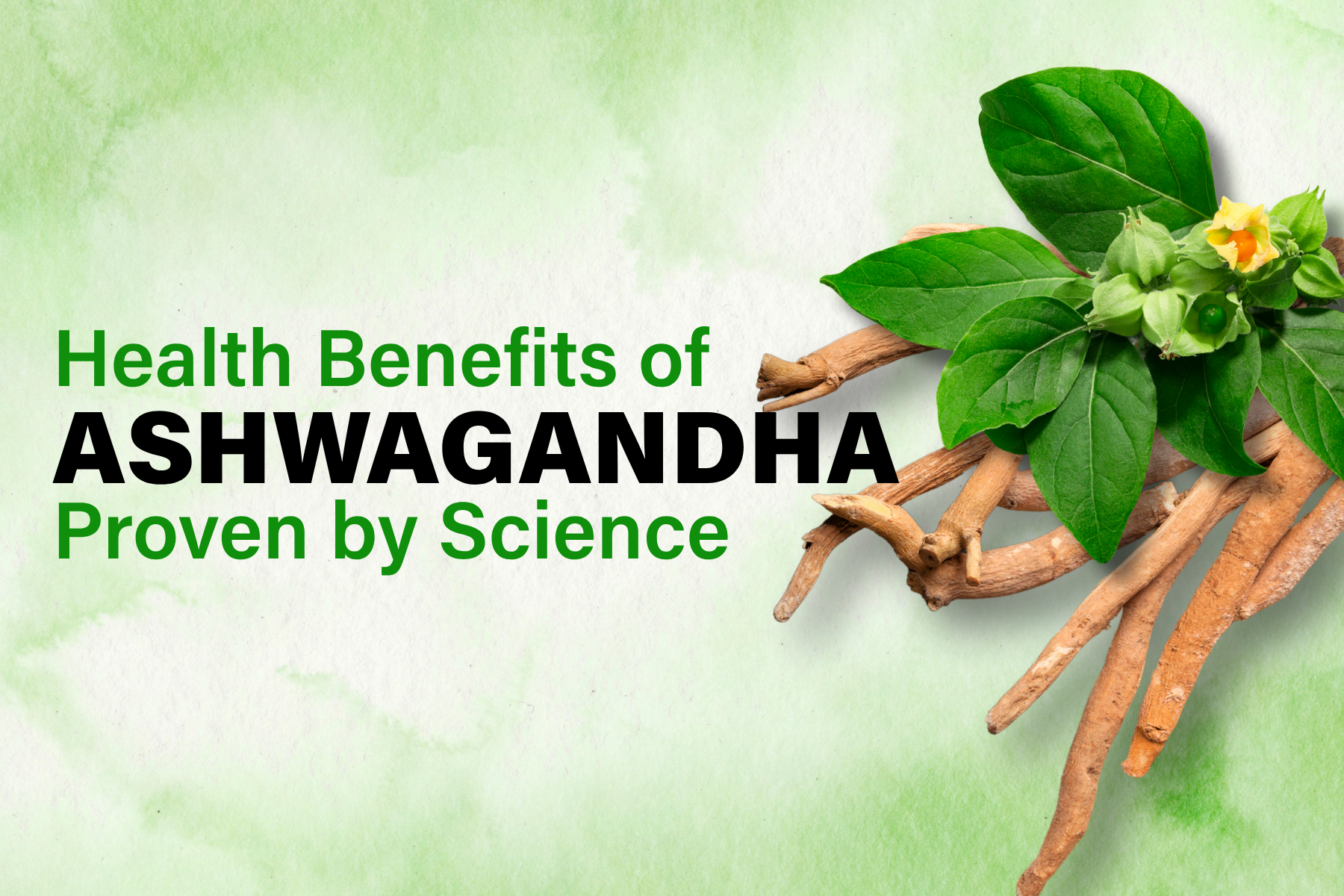
What is Cortisol and the Dangers of Too Much Stress

|
Article at a glance |
|
Did your lover just put a ring on your finger? Do you have many things to plan? Maybe you lost your job, or you have to move again. Whatever it is, stress can become that toxic friend you never wanted.
To be honest, we rarely get the chance to live a stress-free life. Given the hectic schedule, high-pressure environment, and competitive situations, stress and pressure just become the bread and butter of our everyday life.
But, unless you work on those stress levels, the cortisol production can quickly get out of hand. It can throw your body off balance and give you a million different problems for you to deal with. And ain’t nobody got time for that!
That’s why you need to make sense of cortisol. What it is and how it can affect the system. You may have heard of it before as the “stress hormone." But let us introduce you to what cortisol really is, the dangers of too much and too little, and a practical guide that will let you in on everything that will prove useful every single day!!. So, let’s jump right in!
Cortisol: What Is It Exactly?
Strap in for a bit of science to get things started!
Cortisol is a hormone in your body that is produced by your adrenal glands, which are just above your kidneys. The amount of cortisol your adrenal glands produce is regulated by your pituitary gland, which is the size of a pea and is at the bottom of your brain. What does this all matter? Well, because having the right amount of cortisol is essential for our health, and you can have problems when you have too much or too little.
Cortisol can act in numerous components of the human system. It can affect the body's response to stress, boost glucose metabolism, manage blood pressure and inflammation. But you also need it for the "fight or flight" response.[1]
My Body Produces a LOT of Cortisol – Is That a Bad Thing?
Cortisol and stress go hand in hand. Our body is more than capable of regulating its own cortisol release. But, when you deal with something like Cushing’s syndrome, it can quickly get rowdy. For those who struggle with Addison’s, the system can start lacking this key steroid hormone.

If you are wondering if you have high or low levels of cortisol, you can find out with a simple blood test reading. There is a range of cortisol levels that should be in your blood, and anything outside of those levels can affect your health. So, if you are feeling a bit off, it’s always worth seeing your GP just to check [2]
This is why.
Very high cortisol levels, when left untreated, can end up destroying brain cells. As odd as it sounds, that’s precisely what happens. Stress could even change the function of neurotransmitters (your brain chemicals that alter how your motivation, happiness, and so much more) and affect memory. No wonder why people get irritable, unstable, and emotionally unavailable when having exceedingly high cortisol. [3]
Too little cortisol level is no walk in the park either. It can make you feel dizzy, exhausted, weak and affect your mood. Those who have very low cortisol are often not that emotionally available. So, this is something to think about when your cortisol is out of sync.[4]
To top it all off, people who deal with unstable cortisol regularly can also have blood sugar problems, weight gain, poor immune system, many digestive problems. To turn the tide, you should work on your stress. But, there are other options that can help as well.

What About Corticosteroids – Are They Any Good?
People struggling with cortisol production use corticosteroids. If you too, are dealing with a similar issue, then your doctor might suggest you take corticosteroids. Although they are a synthetic version of cortisol, they are more than capable of handling the misbalance.
But, these drugs can come with side effects. Of course, it can happen with any medication. But, with this one, people can have skin thinning, weight gain, high blood sugar, mood swings, eye problems, and more. [5]
Is There Something I Can Eat For Better Cortisol Levels?
Foods may not be the quickest remedy, but they sure are the most useful ones. When cortisol goes through the roof, you need nutrients and unprocessed meals to get it back on track. Here, you can see some of the most useful options you should be eating. To lessen the levels and nourish the brain, you can eat:
- Green tea
- Olive oil
- Berries
- Dark chocolate
- Chamomile tea
- Garlic
- Turmeric
- Fatty fish
Eating foods with a lot of prebiotic fibers is very good as well as these encourage the growth of beneficial gut bacteria, which are known to positively affect brain health and mood. [6]
Some prebiotic foods including bananas, dark chocolate, cacao, asparagus, barley, beans, cashews, fennel, garlic, leeks, lentils, mustard greens, onions, and tomatoes.
Changing the foods in your diet is a long-term strategy, and you might want to jump-start your efforts with supplements! There is an entire group of supplements called adaptogens, and they work to help your body adapt to situations and strengthen the function of your adrenal glands. They help to bring your body into balance, so if you have too little cortisol and you’re fatigued, adaptogens help to lift you up, and if you are frantic with a racing mind, they help to slow you down again. [7] [8]
Particularly good adaptogens are:
According to experts, these are often the go-to choice for adrenal fatigue, and people use them to replenish their insufficiency. Some health products have many of the adaptogens in one product, such as Mental Performance Coffee, which has 3 out of the 5 adaptogens above at therapeutic doses. Adaptogens can help you feel better and more productive every day. So, they definitely make for a worthy choice. [14]
Other cortisol lowering tips
-
Exercise
-
Sleep
-
Meditate
-
Stop multitasking.
-
Breathing exercises
-
Spending time in nature
-
Spending time with animals
-
Being social
-
Being creative
-
Taking time away from technology
Final thought
While too little or too much cortisol can cause you harm – you can do many things to moderate your cortisol production with healthy lifestyle changes. While it’s easy to get caught up in aspects of life that stress you out — work, money, relationships, and health issues, to name a few. Remember to give yourself permission to have some fun! Engage in activities like hanging out with friends, playing with your pet, and enjoying art, music, and creative hobbies that feed your spirit and make you happy.
References:
[1] The role of cortisol in the body
[5] Prednisone and other corticosteroids
Print
[9] The Adaptogens Rhodiola and Schizandra Modify the Response to Immobilization Stress in Rabbits
[11] Anti-stress effects of Ginkgo biloba and Panax ginseng: a comparative study
[12] Effect of Ocimum sanctum Linn on noise induced changes in plasma corticosterone level
[13] The Adaptogens Rhodiola and Schizandra Modify the Response to Immobilization Stress in Rabbits








